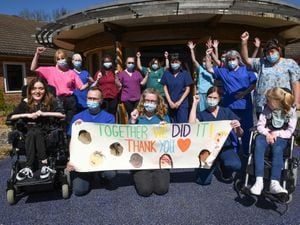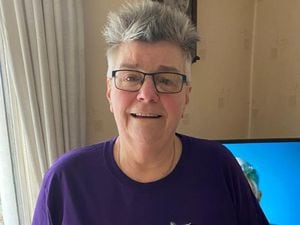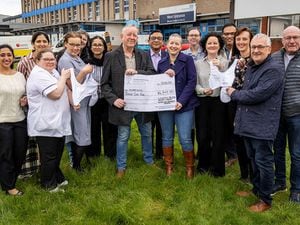Coronavirus: What is herd immunity?
Around 60% of the UK population will need to become infected with coronavirus in order for society to have herd immunity from future outbreaks.
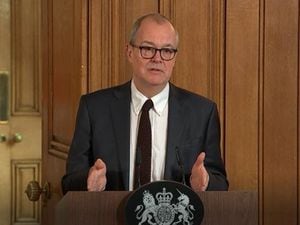
The UK’s Chief Scientific Adviser has said a degree of herd immunity will help the UK population as Covid-19 spreads.
Sir Patrick Vallance acknowledged there are fears that clamping down too hard on the spread of the virus through tight social distancing measures could see it return in the future.
He said the aim is to “reduce the peak, broaden the peak, not suppress it completely; also, because the vast majority of people get a mild illness, to build up some kind of herd immunity so more people are immune to this disease and we reduce the transmission”.
Herd immunity is when enough people become resistant to a disease – through vaccination or previous exposure – that it can no longer significantly spread among the rest of the population.
With no vaccine available for Covid-19, herd immunity relies on enough people in the population becoming infected to lessen the impact of the disease.
Sir Patrick told Sky News that around 60% of the UK population will need to become infected with coronavirus in order for society to have herd immunity from future outbreaks.
For now, there is no doubt that thousands of people in the UK have already been exposed to Covid-19 and will have built up immunity, and that that will continue as people continue to move around freely.
While this exposure continues, the Government hopes the spread of Covid-19 can still be slowed and reduced through telling people to stay at home for seven days if they are ill.
And at some point, the elderly and those with serious health problems will be “cocooned” from the virus by being told to stay at home as much as possible and reduce social contact, regardless of whether they are ill or not.
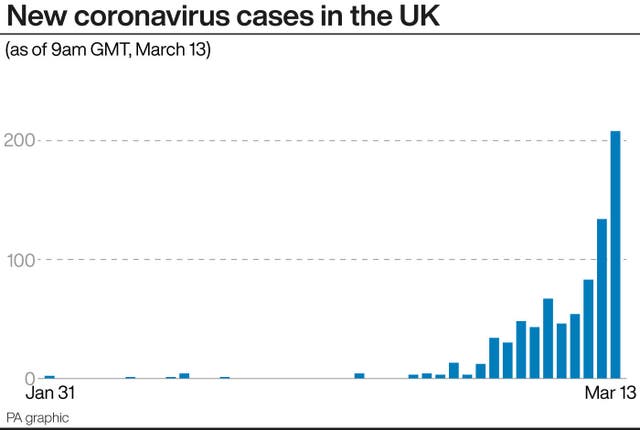
Professor Beate Kampmann, director of the vaccine centre at the London School of Hygiene and Tropical Medicine, said the Government appears to be carrying out a two-pronged approach.
She said cocooning means that a “ring of immune people” protect the vulnerable people in the middle.
“If you cocoon the elderly and you increase herd immunity, then the spread of the virus in the community in a few months is going to be lower,” she said.
Asking people to self-isolate at home for seven days if they are ill is a way of slowing down transmission and “flattening the curve”, she said.
But she added that she believes those at most risk of severe illness – such as those with serious underlying health conditions – should already be practising self-isolation.
“The people who are not as vulnerable will be the first to acquire immunity I expect, but that will never be 100%,” she added.
“Allowing free spread to nursing homes and so on would be a disaster.”


